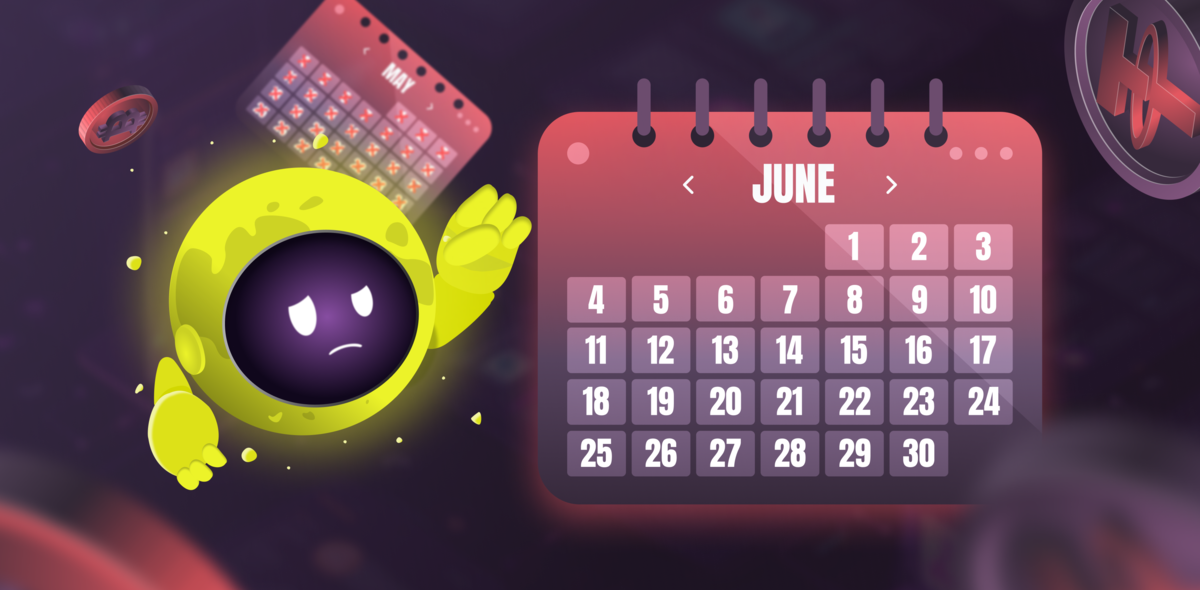A recovery seed phrase is a set of words that contains the necessary information about your
cryptocurrency wallet. It is the only way to access your account because the digital wallet uses encrypted information in order to provide access to your money. Since anyone who knows your secret phrase can easily hack your account, it is necessary to store it in a secure manner to ensure the safety of your cryptocurrency. In this article, we are going to make a list and break down the dos and don'ts when it comes to storing a recovery seed phrase and provide the best methods for this matter.
Don't try to invent the recovery seed phrase yourself
Quite possibly, you might think that one way of outsmarting the system and tricking others is to invent the recovery seed phrase yourself. Unfortunately, statistical research proves this idea wrong. Theoretically, you can create and memorize a clever mnemonic phrase yourself, but it's not safe since it's proven the human brain does not cope well with random generation. The most effective way to protect your wallet is to make up your recovery seed phrase using a generator created for this very purpose. Some wallets even have their own, so make sure to use them.
Don't split your list of words into two parts and don't put irrelevant information into it either
Once the hacker gets a hold of the first half of the list and in case they are well-aware of the generator you have used stealing money, it is a no-brainer and this task will take them only a few moments. A similar thing applies to putting your own extra words into the phrase – it's relatively easy to deduce which particular words don't belong and exclude them from the equation. Some people write down only a few first letters and remember the rest of them, which is also ruled out as ineffective.
Keep your set of words on a physical holder of information rather than an electronic one
Speaking not only about recovery seed phrases but any information, electronic devices are not much of a use. One reckless thing you can do is write down your list of words and have it stored in places like e-mail, Google docs, text messages, and such. Your accounts can get hacked in a blink of an eye and devices like flash drives get out of order in a span of 5-10 years.
If you don't want to rely too heavily on your own memory, your simplest options include writing the phrase using the good old pen and paper. If you choose this method, make sure to store it in a secure place (preferably in a waterproof container) and prevent it from extreme hot and cold temperatures since they can destroy or corrupt the written info. You might also want to laminate the aforementioned piece of paper.
Some suggest a more complicated and elaborate method that involves engraving your phrase on a steel plate. Be aware of things like corrosion or destruction in case of house fires, floods, and earthquakes. The two most optimal locations to keep your information would be either at home or in a safe deposit in a bank.
Use two-factor recovery seed phrases
In case you use this method, the authorization system will additionally ask you to put in some kind of a code or a PIN number. The password can be kept in the same place with the recovery seed phrase, yet it would be more effective to memorize it or at least store them separately in different places or forms. This way you can ensure your crypto money is secured twice as well: in order to unlock your funds, you will need two forms of passwords and it's less likely the hackers will get access to both.
There is no universal and one hundred percent effective method for keeping your cryptocurrency secure. Losing money usually occurs as the result of either laziness or being underinformed, so take your time to research the topic. You will have to figure out on your own which method works out in your particular case and stick to it for a while, but you can always choose an additional method if you feel like it's not safe enough. Remember that safety and easy access lay on different sides of the spectrum and find the perfect balance between them.





